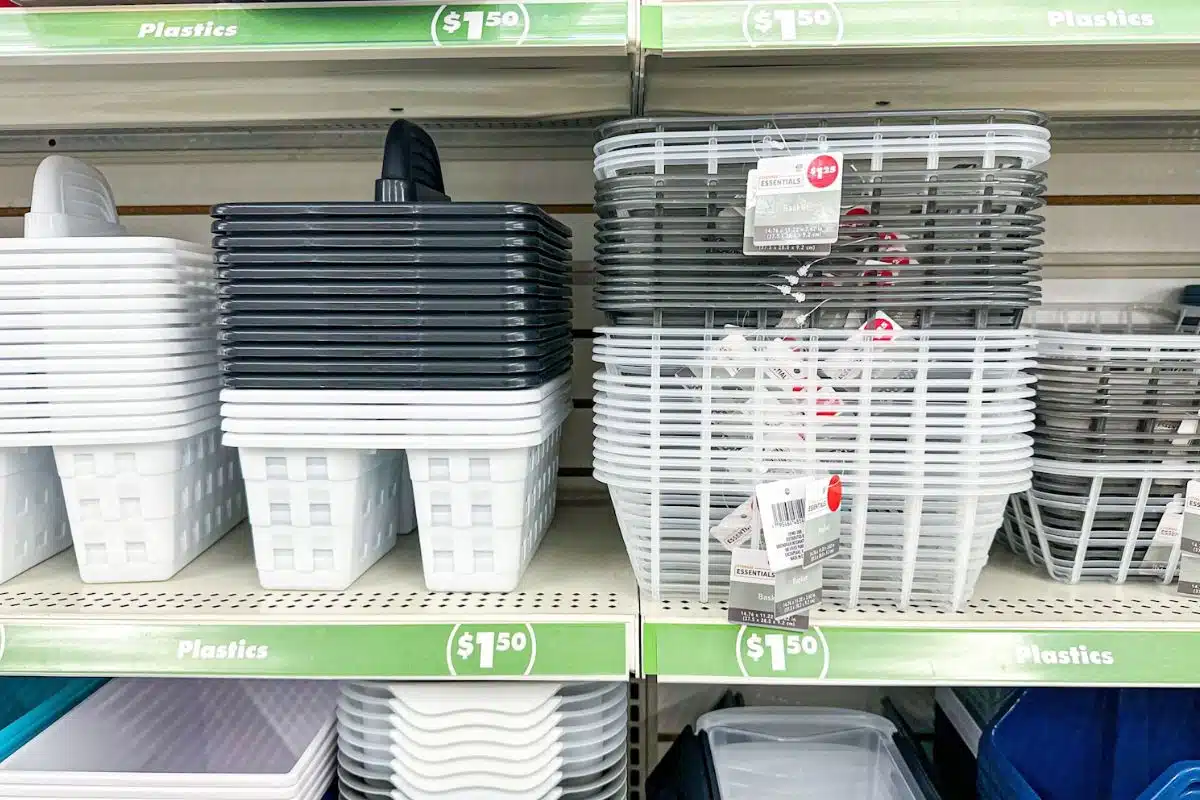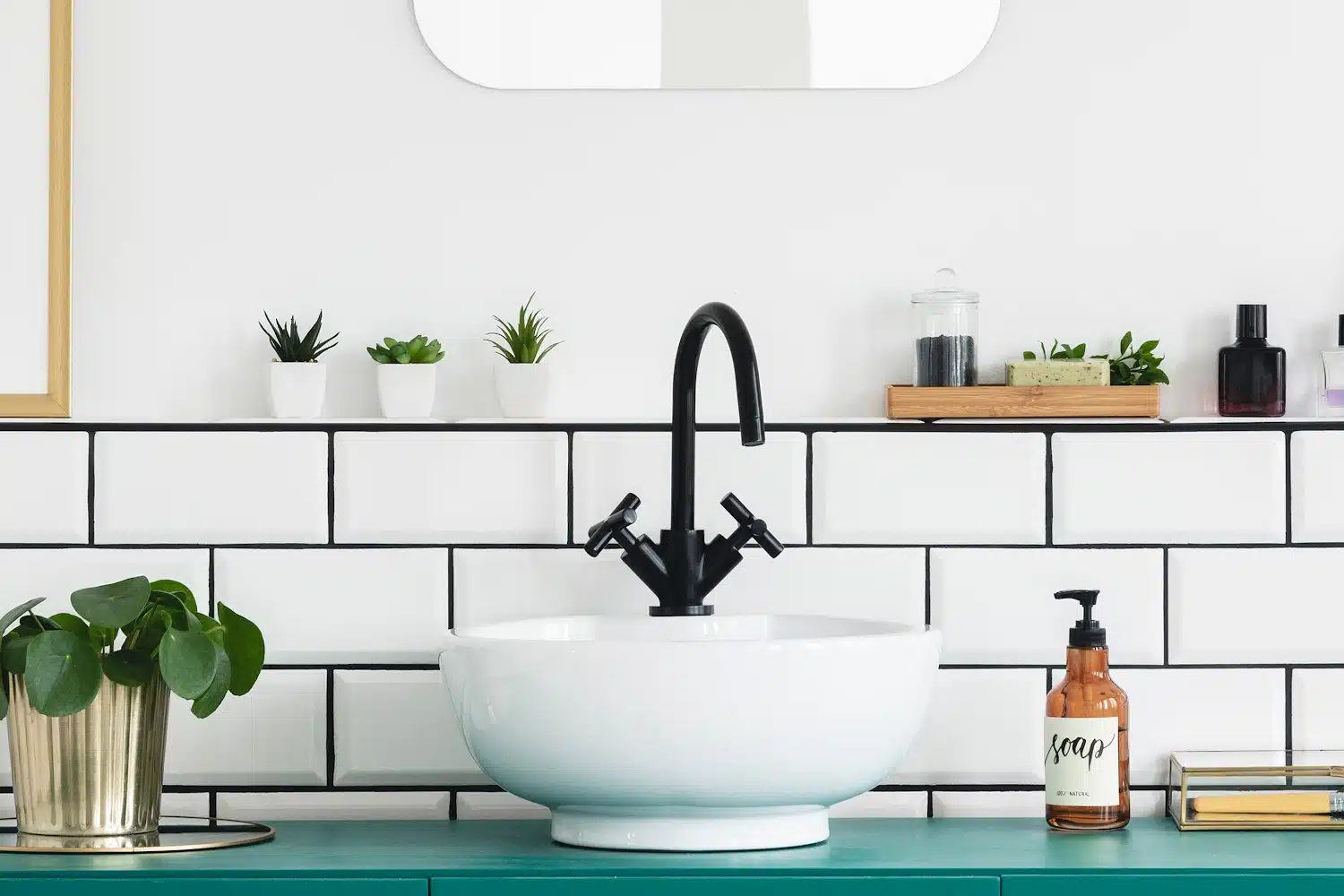Bulk Buy, No Clutter: Storage Tricks Every Smart Shopper Needs
Buying in bulk can be a huge money-saver — until your pantry starts overflowing and you can’t find the paper towels behind the mountain of cereal boxes. The good news? A little organization goes a long way. With these clever storage hacks, you can enjoy all the savings of buying in bulk without the chaos.
Use Clear Bins to See What You’ve Got
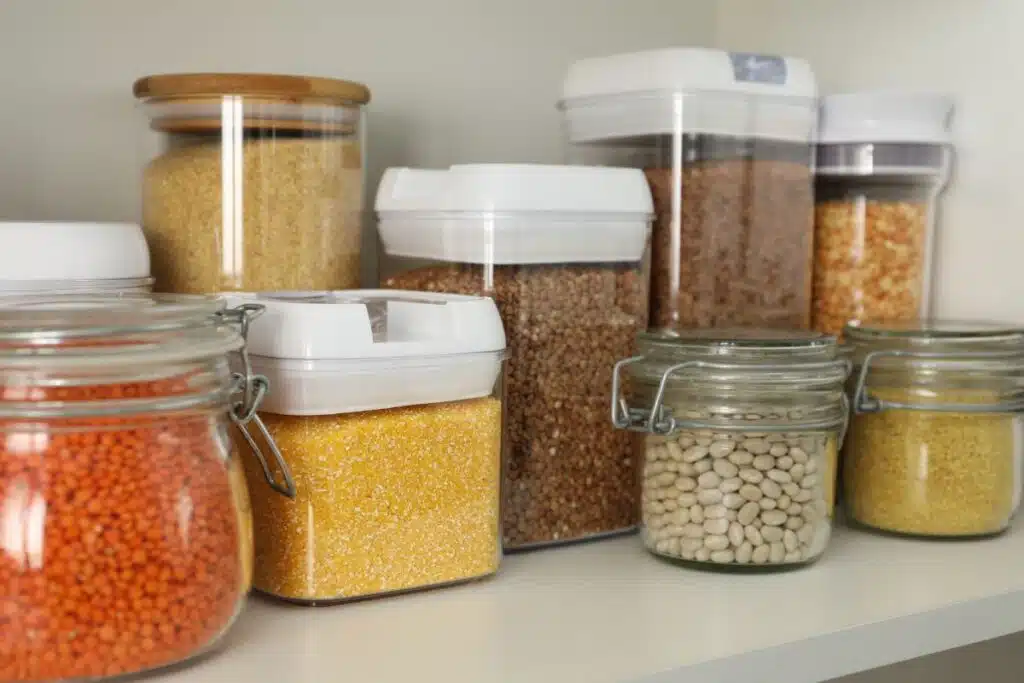
Transparent storage bins make it easy to spot what you have (and what you’re running out of). Label each bin by category — like snacks, pasta, or cleaning supplies — to stay organized at a glance.
Decant Dry Goods Into Airtight Containers
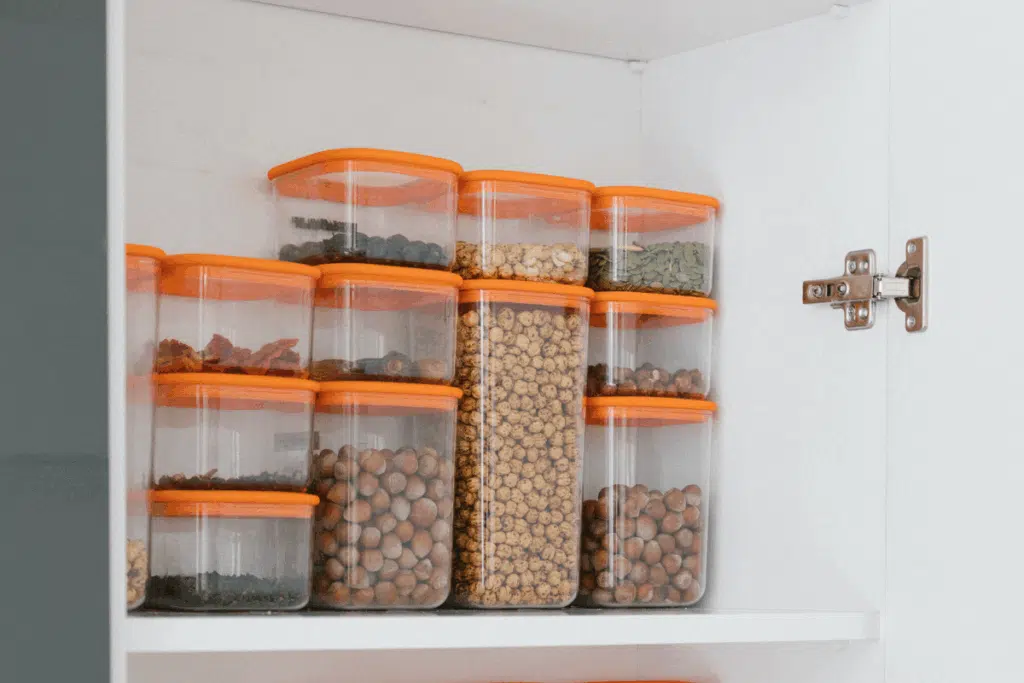
Skip the bulky packaging and pour flour, rice, oats, or beans into clear, stackable containers. It keeps food fresher and frees up precious shelf space.
Max Out Vertical Space
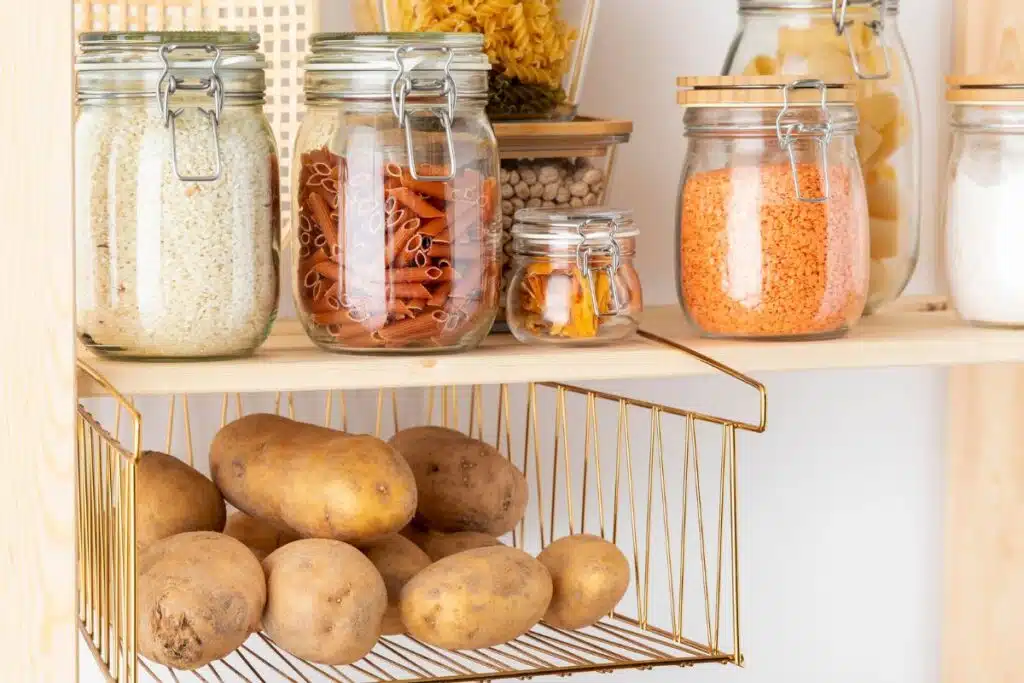
Add tiered shelving or stackable risers inside cabinets and closets. You’ll double your storage space and keep everything visible — no more forgotten bulk buys hiding in the back.
Create a Mini “Store” Zone
Designate a section of your basement, laundry room, or garage for bulk storage. Treat it like your personal stockroom, rotating older items forward so nothing goes to waste.
Invest in Vacuum-Seal Bags
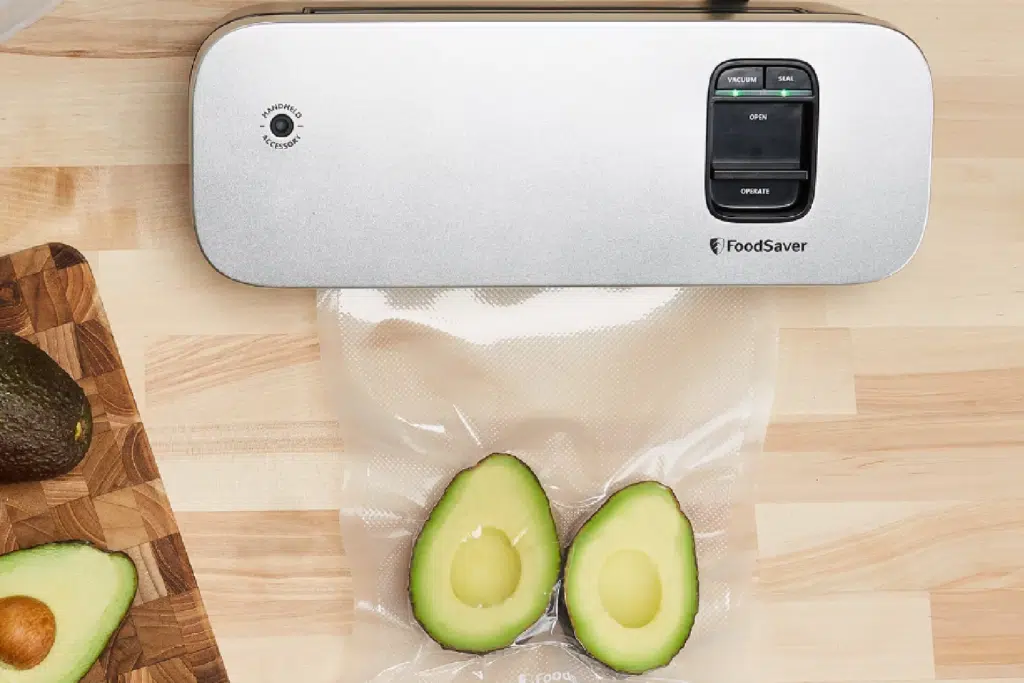
For bulky paper goods, linens, or even extra snacks, vacuum-seal bags shrink items down and protect them from moisture or pests. Perfect for small spaces!
Repurpose Household Items
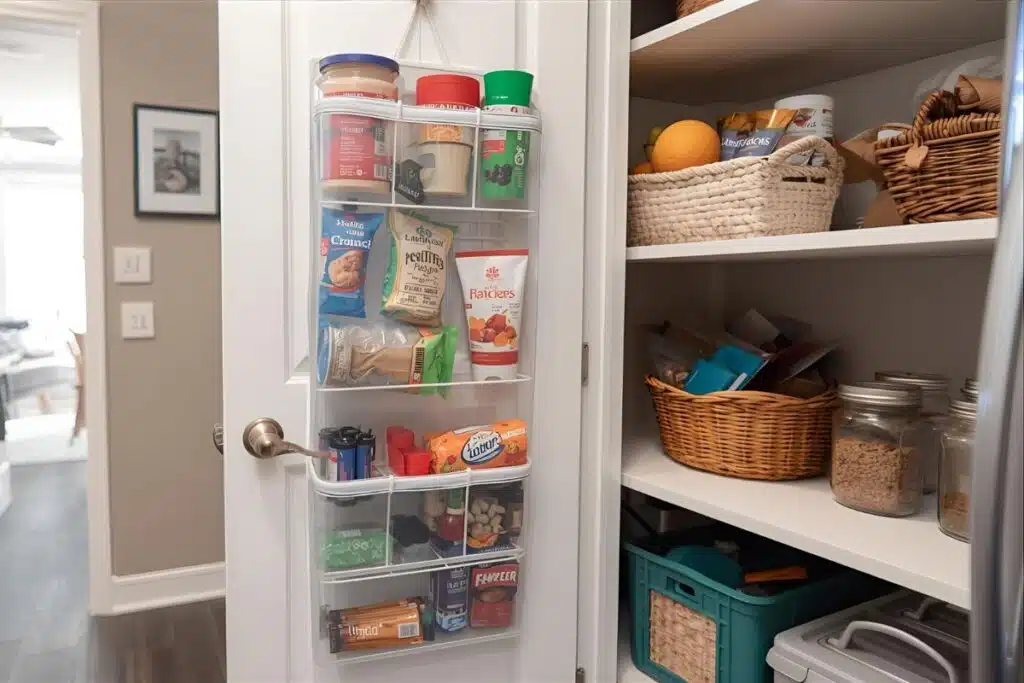
Turn magazine holders into can organizers or use hanging shoe racks for extra toiletries. A little creativity can stretch your storage space further than you think.
Label Everything
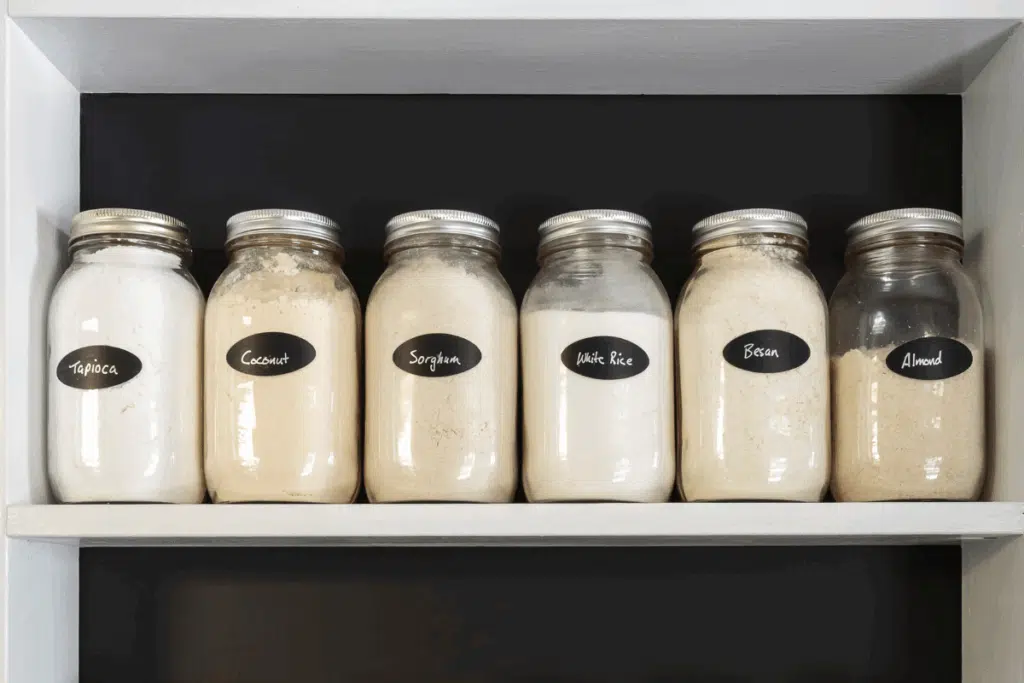
Whether you’re using bins, jars, or drawers, labels keep your system foolproof. Include expiration dates on pantry items to help you use them in time.
Rotate Your Stock

Follow the “first in, first out” rule — place newer purchases behind older ones. It’s the easiest way to prevent waste and keep your shelves tidy.
Keep Overflow Out of the Kitchen
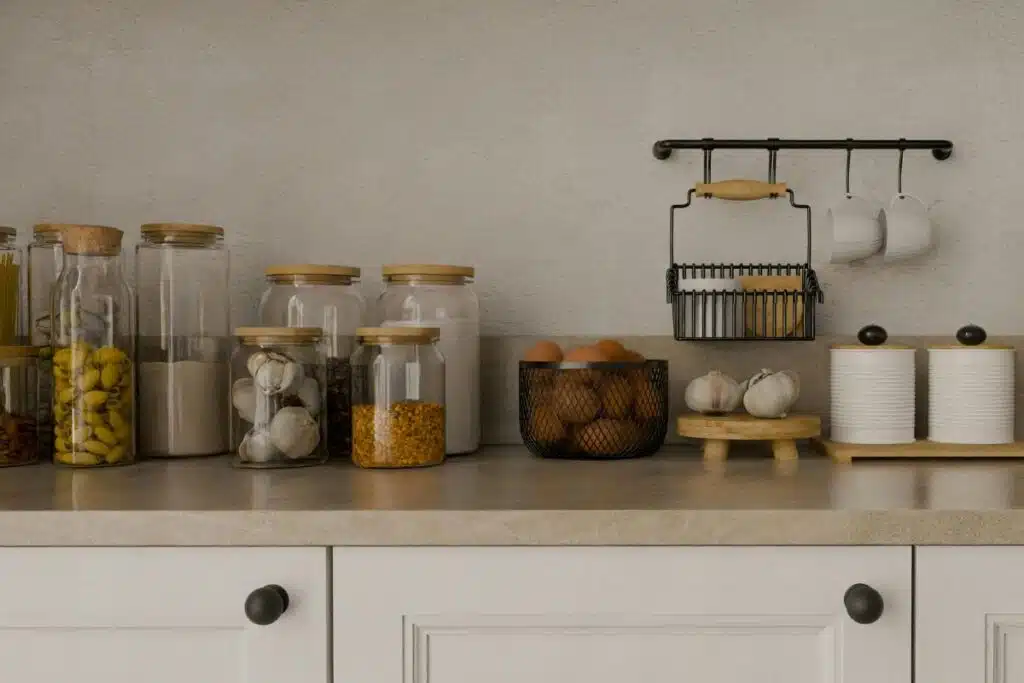
If space is tight, store extras elsewhere. A garage shelf, linen closet, or under-bed bin can hold backup supplies until you need them.
Schedule Regular Check-Ins

Once a month, do a quick scan of your bulk items. Reorganize, take note of what you’re low on, and toss anything expired — it keeps your system running smoothly.
This post may contain affiliate links or sponsored content. Disclosure Policy


